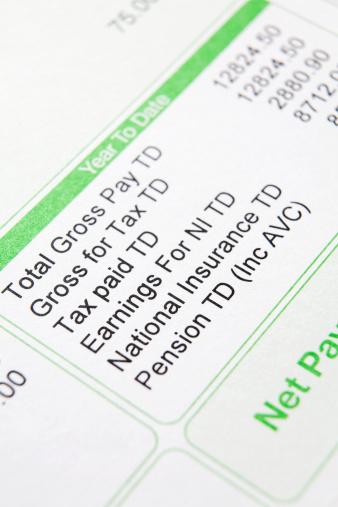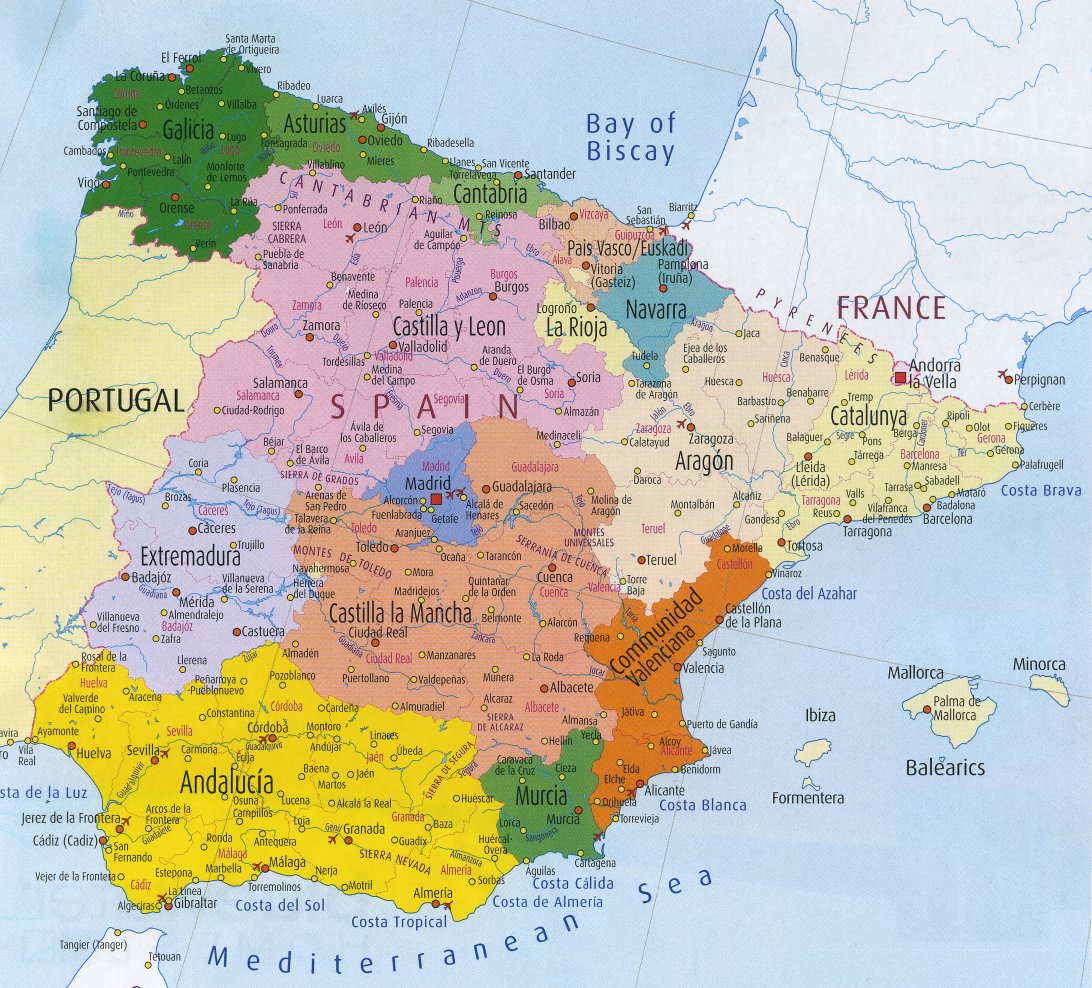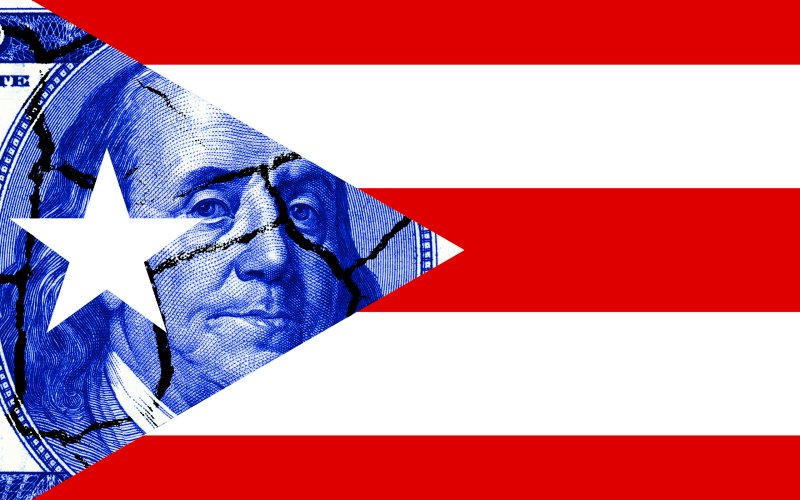How to Get an Offshore Merchant Account
You read a lot of stories about how difficult it is for Americans to get an offshore bank account. Well, opening a low cost, efficient, offshore merchant account 10 times more difficult. Many of us are used to the extraordinarily low rates of the U.S., and have no idea what to expect when we venture offshore. I have more than a decade of experience in this arena, and can tell you an offshore merchant account is a whole different animal that you have experienced in the good ole U. S. of A.
If you are setting up an internet business offshore, you will need a corporation, a bank account, and a way to process credit card transactions in to that bank account…this is the offshore merchant account. Before I talk about rates and what to expect, I want to take some time to explain how the industry is different from the U.S., and how credit card processors view you, the potential client.
- Definitions: This article will use quite a few industry terms, such as reserve, discount rate, high risk, etc. If you are new to the game, one of the better glossaries on the web can be found here.
How Offshore Merchant Account Processors Think
When a credit card processor opens a new account, they view it as extending some level of credit to their new customer. This is because the processor is liable for any refunds demanded by your customers, called chargebacks, if you, the merchant, is unable or unwilling to pay.
Let me explain: If the bank processes $10,000 a month for a merchant, and 5 months in finds out that their customer (you) has been selling a fraudulent product; the processor is on the hook for $50,000. The same is true if a new merchant account is opened and a batch of stolen credit cards is run through…the processor is responsible for 100% of the loss if the merchant has disappeared with the cash.
In the United States, the processor has a relatively easy time assessing risk and protecting against fraud. They can check the credit score of the applicant (again, you) and review your banking history. If both of these indicators are clean, it is unlikely that any illegal activity will go through your account. And, if the processor is duped, American police departments are more than willing to step in and hall you off to jail.
But, what happens when you have a processor in Belize, the merchant’s corporation and bank account is in Panama, and the owner of the Panama entity is a citizen and/or resident of Costa Rica? There may be no easy way to validate the creditworthiness of the owner or perform proper due diligence on the account. Also, once the processor sends money to Panama, there is no effective way to get it back and it is unlikely that legal action will be successful…except in the gravest of cases. Basically, the international processor has no recourse in the case of fraud.
Of course, scammers get all the headlines, but fraud and theft are rare. More common is the case where a few customers have a problem with a merchant and chargeback their purchase(s). In the U.S. and Europe, the processor can debit the merchant’s account, withhold future processing to cover these expenses, ruin the owner’s credit, and sue for damages in extreme cases.
Offshore, the processor is limited to withholding future transactions and closing the account. If the merchant is a high volume low dollar account they will obviously pay the chargeback. If they are a low volume high dollar account they may be unwilling to pay…and simply open a new account elsewhere. Most sophisticated merchants will run two or more merchant accounts for this reason.
To protect against this risk, offshore account processors typically require a “rolling reserve” of 10% to 20% from new accounts. A rolling reserve is when the processor holds a percentage of each and every transaction, usually for 60 to 120 days, until the risk of chargebacks has past.
If you are considering moving offshore, you must be prepared for the rolling reserve. If your profit margin is such that the reserve is an issue, you will need sufficient operating capital, credit, or payment terms with your vendors, to support this cash flow “cost” of doing business abroad.
I note that strict rolling reserve rules will apply to new accounts. Once you have processed 6 to 12 months, and your chargeback rate is less than 1%, most processors will reduce or eliminate the reserve.
High Risk Offshore Merchant Accounts
Certain industries and business models have high chargeback rates and are thus termed “high risk” by credit card processors. Anyone in these trades is certain to pay a higher rate to process credit cards and to have a significant rolling reserve. The following are typically considered high risk:
Adult: Pornographic websites have high chargeback rates, especially on their recurring billing practices. Add to this the fact that most large processors don’t want to be associated with porn, and it is easy to see why adult sites get the shaft when it comes to fees.
Gambling: Because deposits in to gambling accounts are typically higher dollar and lower volume than adult, and because of the number of legal issues this industry has faced, internet gambling accounts are considered the highest of risk.
MOTO (Mail Order & Telephone Order) and Telemarketing: If your business accepts phone orders, or you market through outbound phone calls, you must code your transactions as MOTO and will be classified as a high risk account. You will also need a virtual terminal rather than an e-commerce shopping cart.
Pharmacy: If you are an internet pharmacy selling outside of your country of origin, you are considered high risk by the offshore merchant account providers. In most cases, an offshore merchant account will be your only option
Replicas and knock-offs: Most merchant account providers will not process transactions for sellers of replicas. Such products usually violate trademark and other laws.
Travel: A travel agent selling airline tickets or vacation packages over the internet is one of the highest risk accounts out there. The reason is simple: these transactions are for large dollar amounts, often sold months in advance, allegations of fraud are common (we all define a 5 star hotel differently), rights to refund are rare, and buyers love to chargeback…even after the trip has been completed.
Tobacco: If your business is related to cigars, cigarettes, or any type of tobacco, you are a high risk e-commerce client. If you are shipping worldwide, you will need an offshore merchant account.
Your Business Must Be Legal
We at Premier, and all reputable credit card processors, accept only clients operating legal businesses. It is the merchants responsibility to research, understand, and comply with all applicable laws and regulations related to the sale and use of their products and services.
If you are concerned that your product or services may be prohibited, here are some basic rules that apply:
– Products or Services that violate any law, statue, ordinance or regulation
– Donations or any configuration in which the value of the transaction is greater than the value of the product or service.
– Products or services that are illegal, infringe upon the intellectual property rights of others, or can be used illegally.
– Any product or service enabling consumers to circumvent locks, programming codes or to gain access to any service for which they have not expressly paid.
Higher Number of Rejections
When you process through a non-U.S. merchant account, you need to be prepared for a higher number of failed transactions. This is when the card / sale is declined by the customer’s bank (the issuer), for one reason or another.
When you are using a U.S. processor, just about the only time the issuing bank declines a transaction is when the customer has maxed out his credit. When you are using an international processor, a number of your transactions will be declined simply because you are offshore.
Basically, the bank who issued your customer’s card is concerned that a large transaction originating from, for example, Belize, is fraudulent, and has stopped it before any money has changed hands. When this happens, you can ask the customer to provide a different card, or ask him to phone his issuer and authorize the transaction. The bank will approve the transaction at the customer’s request and you can run the transaction a second time.
When building a website, you should have a system to easily communicate these issues to your customers…typically through a live chat pop-up, or a full service call center. Remember, being offshore means that you must take a proactive approach to each transaction.
Offshore Merchant Account Pricing and Reserves
A typical offshore merchant will pay 4% to 6% to process transactions and will have a rolling reserve of 20% for 60 days. High risk merchant accounts should expect to pay 5% to 10% and may be subject to a higher reserve.
If you are a brand new offshore merchant account, there will be little room to negotiate these fees and reserves. However, if you can bring in significant transactional volume, and have been operating a clean account for 6 to 12 months, providers will often cut deals to get you to move. If you are low risk and paying more than 5.25%, it is probably time to negotiate.
When selecting an offshore merchant account, there are a number of fees to keep in mind. In addition to the discount rate above, you have a per transaction fee (often $0.50 for offshore), a fee on each chargeback of $30 to $100, a dispute fee each time a buyer lodges a complaint, and a gateway fee, just to name a few. For high volume low dollar merchants the offshore transaction fees can be a killer.
Why a U.S. Social Security Number Helps
A U.S. Social Security Number is now a requirement for all merchant accounts in the U.S. The Patriot Act and similar laws of the land have scared processors in to demanding SSNs for all applicants (not ITINs).
While the Patriot Act does not specifically mandate that financial institutions must ask for a customer’s SSN in order to set up a merchant account, the regulations, which took effect in 2003 and were implemented in accordance with Section 326 of the Act, require that all financial institutions establish a Customer Identification Program (CIP), to verify the identity of any individual who wishes to conduct financial transactions through their businesses.
These regulations govern banks and trust companies, credit unions, mutual funds, savings associations, futures brokers, and other similar financial institutions, including institutions that offer merchant accounts to companies for the purpose of accepting credit cards. An institution’s CIP requires that it gather identifying information about any individual seeking to open an account in order to engage in financial transactions, and that it further (1) verify the identity of the individual creating the account such that the institution has reasonable certainty that it knows who the account holder is, (2) establish and keep records of the information used to verify the identity of the account holder, and (3) compare the identity of the account holder to lists provided by the government of known or suspected terrorists.
The “purpose” of these regulations is to allow the US government to work with financial institutions to prevent identity theft, money laundering, the financing of terrorist organizations and activities, and other types of fraud. A financial institution’s CIP is incorporated into its Bank Secrecy Act compliance program, which every US financial institution must have as a means of cooperating with the government to combat money laundering. Financial institutions are required to have procedures in place to ensure that they can verify a customer’s identity and establish that the customer does not appear on any government list of terrorists within a “reasonable time,” and to dictate under what circumstances the institution should refuse to open an account, close an account previously opened, or file a Suspicious Activity Report, based on its ability to successfully establish the identity of the customer.
Each financial institution develops its own CIP, which is then approved by its board of directors. As such, while the Patriot Act does not specifically require that a customer’s SSN must be provided in order to obtain a merchant account, most financial institutions consider a SSN to be a simple and reliable means of verifying identity, and may choose to deny service to a customer who does not wish to provide it. Using a SSN as a requirement for creating a merchant account has been demonstrated to be an effective means of discouraging criminal use of these accounts, and remains one of the easiest ways for financial institutions to comply with U.S. government regulations regarding the verification of customer identity and fraud prevention.
Onshore / Offshore Merchant Account Solutions
If you are a U.S. citizen living and operating a business abroad, or just looking to move some profits offshore for asset protection purposes, you may benefit from an onshore / offshore business structure. This solution may cut your processing costs in half and eliminate or reduce the rolling reserve.
We can setup a U.S. Limited Liability Company in Delaware, owned by an offshore corporation (typically Belize), and open a U.S. merchant account under the Delaware entity. In order to utilize this structure, you must be a U.S. citizen or resident with a valid Social Security Number, have good credit and provide the following:
- A U.S. mailing address,
- A U.S. utility bill reflecting that address and your name, and
- Be willing to travel to the U.S. to open a bank account (if necessary).
In order for this structure to have any tax benefit, you must be living and working outside of the United States, you may not have an office or employees in the US, you must qualify to retain earnings in your offshore corporation (click here for a detailed article), and the owners of the offshore company must qualify for the Foreign Earned Income Exclusion (click here for a detailed article on international taxation).
For additional information on offshore merchant accounts or to form an offshore corporation, please contact me directly at info@premieroffshore.com or call (619) 483-1708 for a confidential consultation.












Leave a Reply
Want to join the discussion?Feel free to contribute!